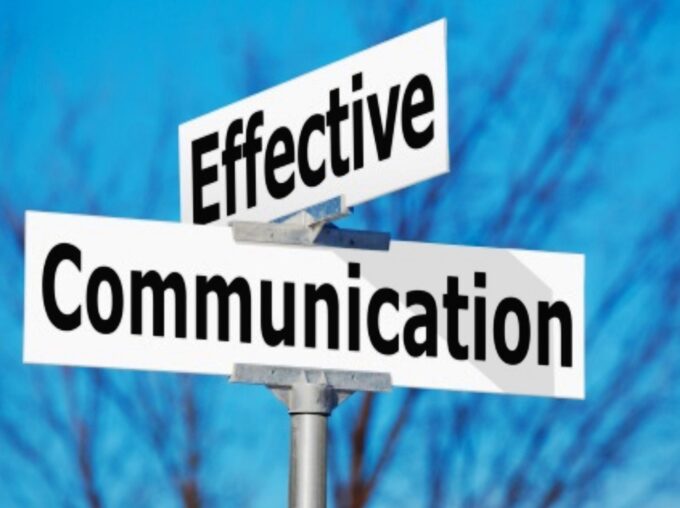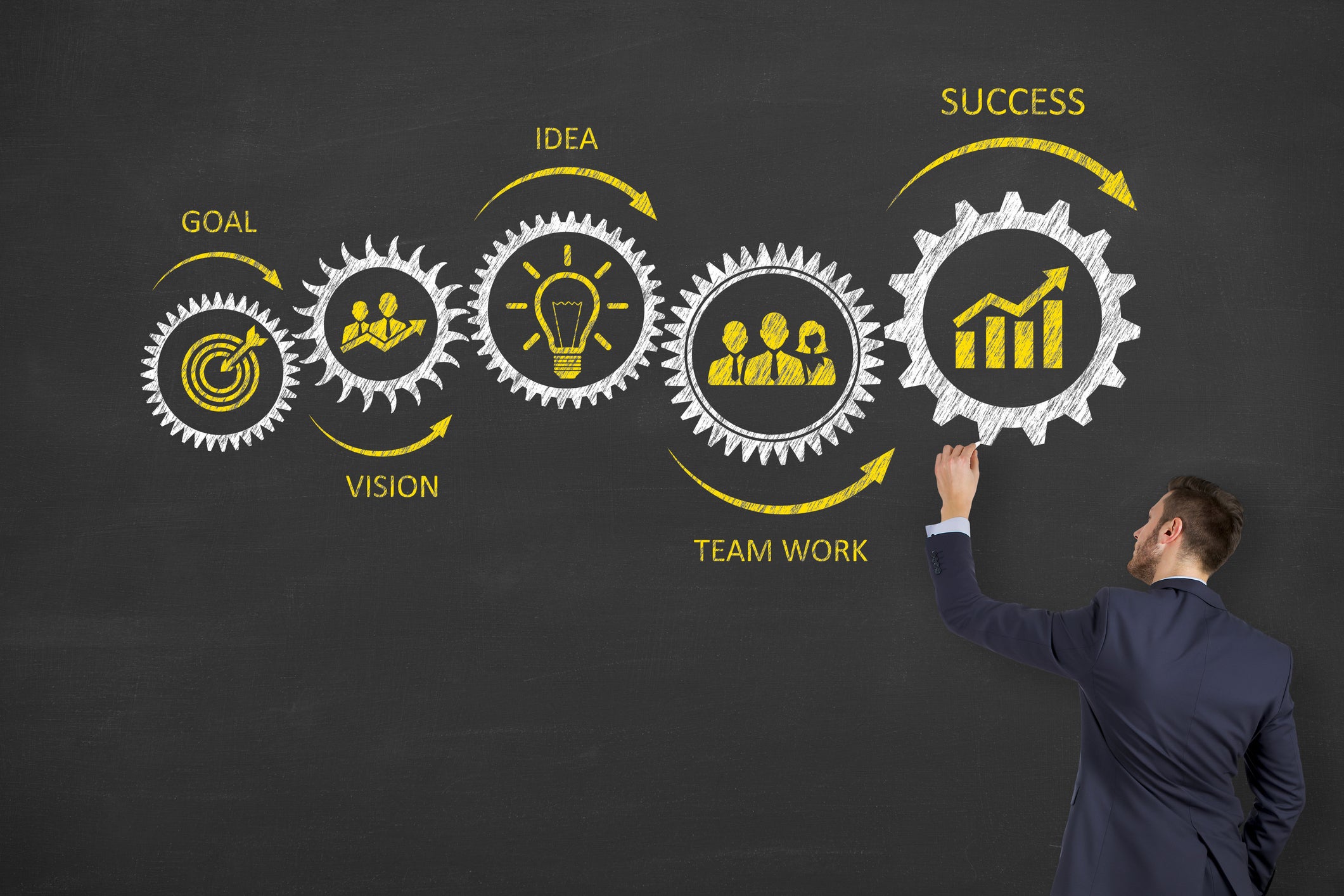Building diverse and high-performing teams is not just a trend in the modern business world; it’s a necessity. As markets expand and industries evolve, the need for multifaceted teams that can tackle complex challenges becomes critical. Understanding these terms and why they are crucial for success in today’s global marketplace can lead to significant organizational achievements.
Diverse and high-performing teams consist of individuals with various backgrounds, skills, perspectives, and abilities. Their importance cannot be overstated, as they enable companies to be more innovative, resilient, and aligned with global trends. Here’s a look at how to cultivate such teams for lasting success.
Strategies For Creating A Diverse Team

Creating a diverse team is a multifaceted journey, demanding comprehensive strategies across the board.
Here are some of the top tips to try:
- Recruitment Practices
The first step towards establishing a diverse team is modifying your recruitment channels. Traditional methods might limit the talent pool, whereas exploring platforms like community networks, online talent communities, and partnerships with diverse organizations can open doors to various skill sets, experiences, and backgrounds.
The underlying principle is to tap into spaces where varied talent naturally resides. Unconscious biases often cloud the hiring process, sometimes unintentionally leaning towards familiarity or stereotypes. Recognizing these biases is the first step.
Implementing training sessions for hiring managers to be aware of and combat these biases ensures a more equitable recruitment process. Setting clear, objective evaluation criteria eliminates subjective biases, allowing talent to shine regardless of background. Additionally, you can also partner with a company like dwinc.com that fosters diversification in the staffing process.
- Training And Development

An inclusive workplace is often a byproduct of continued education and understanding. Investing in cultural competency training can be transformative. This training provides insights into different cultural norms, beliefs, and values. As employees become more culturally aware, they develop empathy and collaboration, which are crucial for a diverse team to function harmoniously.
Furthermore, fostering diversity is not just about bringing in varied talent but also nurturing it. Leadership and skill development programs offer avenues for all employees to upskill ensuring that diversity is not just at the entry-level but also through managerial and leadership roles. This investment benefits individual career trajectories and bolsters the organization’s overall competency.
- Mentoring And Sponsorship

A diverse workforce benefits immensely from structured mentorship programs. Newer employees can gain from the experience of industry veterans, helping them navigate challenges and accelerate their professional growth. The exchange isn’t one-sided; seasoned professionals often find fresh perspectives and insights from newer entrants, fostering a symbiotic relationship.
The value of mentorship extends beyond just professional guidance. It provides a sense of belonging and reassurance, especially for individuals who might feel isolated or underrepresented in a corporate environment. It bridges gaps, creates networking opportunities, and aids in retention, especially for often sidelined talents.
Further cementing the value of mentorship is the emphasis on continued growth. Organizations can provide platforms for employees to take on challenging projects, offer feedback and reward accomplishments. These initiatives validate the importance of every team member and reinforce the culture of perpetual learning and development.
- Promote Inclusive Language
Language, often considered a simple communication tool, shapes workplace culture immensely. Making assumptions or resorting to stereotypes can inadvertently alienate team members. Organizations can foster an environment of mutual respect and understanding by training staff to use inclusive language that avoids assumptions and biases.
A crucial component of inclusive language is acknowledging and correctly using pronouns. With the growing awareness around gender identities, recognizing and respecting an individual’s chosen pronouns is foundational to promoting inclusivity. It’s a straightforward yet profound gesture, signaling an organization’s commitment to valuing and understanding its members.
- Share Diversity And Inclusion Initiatives
Transparency in organizational initiatives related to diversity and inclusion reinforces trust. By openly sharing efforts, milestones, and even challenges in this realm, companies signal their genuine commitment to these values. It’s about showcasing achievements and making diversity and inclusion a collective organizational journey.
Engaging team members actively in these initiatives boost morale. Celebrating shared successes, acknowledging areas of improvement, and continuously striving for progress make diversity and inclusion more than just buzzwords. Organizations foster a sense of collective ownership and pride in their diversity and inclusion journey by regularly updating employees and seeking their feedback.
Building High-Performing Teams

Creating high-performing teams requires setting clear goals, nurturing communication, emphasizing collaboration, fostering continuous improvement, providing ongoing support, addressing conflicts, and measuring success. Here’s how each of these components plays a crucial role.
- Setting Clear Goals
Defining a team’s vision, mission, and objectives is the foundational step in building a high-performing team. The clarity in purpose ensures everyone is on the same page and working towards a shared goal. This alignment helps drive performance and maintain focus, steering the team in the right direction.
Aligning these goals with the broader company values also helps in reinforcing the organizational culture. When employees see a direct correlation between their daily efforts and the company’s overarching principles, their commitment and motivation will likely skyrocket. It builds a sense of purpose and encourages ownership of responsibilities.
- Effective Communication

Communication is the glue that binds a team. Building trust within a team requires transparency and open dialogue, where everyone feels comfortable expressing their ideas without judgment. Encouraging candid conversations fosters a culture of empathy and understanding, which is crucial for a harmonious team environment.
The tools and methods used for communication must be carefully chosen to fit the team’s dynamics. Whether through regular meetings, digital platforms, or informal catch-ups, the right tools foster seamless communication. A blend of formal and informal channels often yields the best results, balancing efficiency with a personal connection.
- Emphasizing Collaboration
Collaboration is about more than just working together but working together effectively. Team-building exercises are essential in strengthening bonds and enhancing understanding between team members. Activities that encourage collaboration and fun foster a strong sense of camaraderie.
In our technology-driven age, leveraging collaborative tools and platforms is essential. Tools that enable real-time collaboration, document sharing, and project tracking enhance efficiency and keep everyone on the same page. The right blend of technology with interpersonal interactions paves the way for successful collaboration.
- Fostering Continuous Improvement

Performance evaluation is not just an annual event but a continuous process. Regular feedback loops and constructive criticism encourage employees to improve. Acknowledging achievements and pointing out areas of growth keeps the team moving forward.
Feedback and iteration are vital for continuous improvement. A team can stay agile and responsive to changing conditions by implementing regular review cycles and allowing for adjustments. Encouraging a culture of learning and growth fuels ongoing improvement.
- Ongoing Support
Support in a team goes beyond professional assistance. Emotional intelligence plays a vital role in recognizing and understanding team members’ emotions. It helps provide the right support at the right time, strengthen bonds, and improve overall well-being.
Investing in team member well-being programs indicates an organization’s commitment to its team. Whether through mental health support, flexible working conditions, or personal development initiatives, prioritizing well-being directly contributes to performance and satisfaction.
- Conflict Resolution
Conflicts are inevitable in any team, but handling them with care is crucial. Implementing clear strategies for conflict resolution ensures that disagreements are dealt with constructively. Open dialogue, unbiased mediation, and focus on solutions rather than blame help in maintaining a positive environment.
Ensuring a positive environment goes beyond conflict resolution. Creating a space where everyone feels valued, respected, and heard contributes to a healthy team dynamic. It’s about fostering a culture where differences are celebrated rather than stifled, allowing creativity and innovation to flourish.
- Measuring Success
Key performance indicators (KPIs) are essential in gauging a team’s success. These metrics must align with the team’s goals and provide insights into what’s working and needs improvement. Regular monitoring keeps the team accountable and focused on results.
Regular formal or informal reviews provide a platform for reflection and planning. Analyzing successes, learning from failures, and setting new targets ensure that the team continues to evolve and grow. This continuous cycle of reflection and planning fuels a high-performing team’s momentum, ensuring lasting success.
Benefits Of A Diversified And High-Performing Team
A high-performing team ensures sustainability in modern organizations. Their value can be observed through various tangible benefits, such as the following:
- Enhanced Creativity And Innovation
Diverse teams with different cultural backgrounds and experiences often serve as breeding grounds for creativity. The blend of unique perspectives creates an environment where conventional thinking is challenged. This leads to more creative ideas and opens doors for innovative solutions that may not be as evident in more homogenous groups.
In a diverse team, the encouragement of unconventional thinking takes center stage. Different approaches are celebrated rather than stifled, fostering a culture where innovation thrives. By leveraging their various insights and skills, such teams can explore new avenues, develop novel products, and redefine traditional business practices.
Diverse teams significantly enhance real-world problem-solving. Reflecting many viewpoints, they approach challenges from different angles, ensuring that solutions are well-rounded and versatile. This multifaceted approach often leads to more effective and widely applicable solutions, creating a distinct competitive advantage.
- Improved Decision Making
Improved decision-making within diverse teams arises from each member’s rich pool of experiences and insights. Varied backgrounds ensure that decisions are more comprehensive and reflect different aspects of an issue. This diversity of thought leads to more thoughtful analysis and balanced judgments.
The combined knowledge and expertise of diverse teams lead to quicker and more efficient decision-making processes. By allocating tasks based on individual strengths, teams can dissect problems more efficiently. This streamlining of the decision-making process saves time and often leads to better outcomes.
More importantly, the decisions made by diverse teams are more resilient and effective. The wide array of perspectives ensures that solutions are well-considered from all sides, reducing the likelihood of oversights and miscalculations. This comprehensive approach to problem-solving translates to robust and adaptable solutions.
- Strengthened Employee Engagement

An inclusive environment that actively encourages participation is a hallmark of diverse teams. When employees feel their voices are heard and valued, they are more likely to engage and commit to their roles. This increased engagement often leads to higher job satisfaction and overall performance.
The alignment of personal and organizational values within a diverse team fosters a sense of belonging and commitment. By reflecting societal values of equity and fairness, diverse teams create a resonant connection with their members. This alignment further enhances team satisfaction, strengthening team member and organization bonds.
The opportunities for personal and professional growth within diverse teams are substantial. Interacting with peers from varied backgrounds fosters continuous learning and development. Other avenues include employee resource groups (ergs), which unite people with common interests and identities to embrace differences in ways that ultimately encourage engagement. Leadership and administrators use erg management software to launch, manage, and communicate their programs. This constant growth benefits the individual and contributes to the overall success and vitality of the team and the larger organization.
- Better Market Understanding
A team that reflects the diversity of the broader customer base inherently understands the market better. This alignment with consumers’ cultural sensibilities and preferences enables the creation of products and services that resonate with a global audience. Such a connection to the market is vital in today’s interconnected world.
Expansion into global markets becomes more achievable with diverse teams guiding the way. By leveraging insights from team members familiar with different regions and cultures, businesses can confidently navigate unfamiliar territories. This global reach opens new opportunities and ensures that expansion strategies are well-informed and effective.
The alignment of a diverse team with the market itself leads to more effective and resonant strategies. By mirroring the multifaceted nature of the global market, diverse teams can develop adaptive and insightful plans. This connection to the market translates to strategies that are not only efficient but also culturally sensitive, the key to success in today’s globalized economy.
- Enhanced Reputation And Brand Image

Aligning with social responsibility goals, diverse teams contribute to an enhanced corporate reputation. Emphasizing diversity is not just a matter of social justice; it’s a statement that resonates with both employees and consumers alike. Companies that invest in diversity often view themselves as leaders and innovators, attracting talent and customers.
A commitment to diversity attracts a broader and more skilled talent pool. Companies can ensure a continuous flow of fresh ideas and perspectives by creating an environment where diversity is celebrated. This constant influx of talent keeps the organization vibrant, innovative, and competitive in the global market.
A commitment to diversity sets companies apart in today’s interconnected and socially conscious world. A diverse workforce enhances brand image and serves as a magnet for a wider customer base. In a market where consumers are increasingly mindful of corporate values, diversity becomes a competitive edge, building trust and loyalty among a broad spectrum of clients.
Conclusion
Diverse and high-performing teams are no longer an optional asset but a vital component of modern business success. By fostering creativity, enhancing decision-making, strengthening engagement, and providing resilience, they create a multifaceted advantage for organizations.
Embracing this approach aligns with societal values and the strategic goals of growth, innovation, and sustainability. In a world that thrives on connectivity and collaboration, the investment in diversity is not merely a trend but a pathway to lasting success and excellence in the business landscape.










